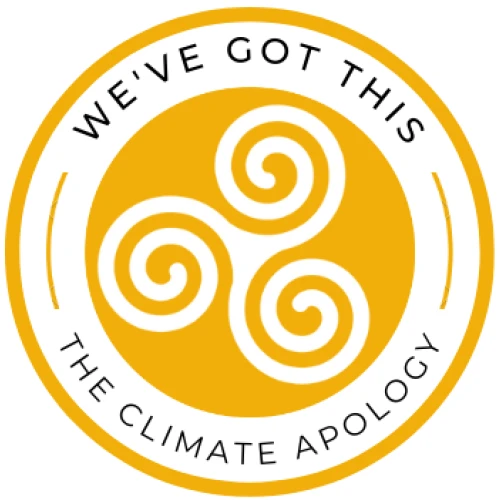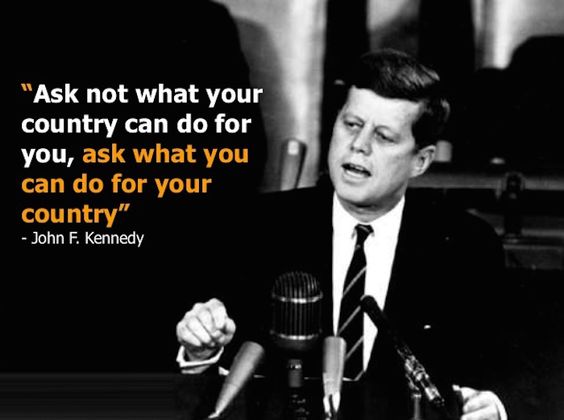Equally frightening is the risk that this heatwave will increase our fear, amplifying our worst behavioural responses - our anger turned against others, our personal self-preservation, or our destructive will to party before the ship sinks. While it should be the final call for urgent action by all, it has the potential to push solutions even further away if we don’t frame it as a crisis of individual moral responsibility.
The per capita footprint of high-income countries is 10 times larger than low-income countries. The carbon emissions of the world’s richest 1%, across all countries, are higher than the combined emissions of the poorest 50%. These are the same people responsible for maintaining our environmentally unsustainable systems and structures. Wealth and power are about consumption and citizenry.
We face an urgent moral choice, whether it is me or Sultan Al Jaber, COP28 President and CEO of Abu Dhabi National Oil Company. Am I willing to change my status quo in order to protect the climate future of those I love?
This question lies at the heart of decisions made by individuals in every government, business boardroom and family table. It comes before the how questions of financing, technology and voter popularity. There are plenty of viable answers to the how questions from the fields of natural and social sciences. But first, we have to be willing to answer this moral question.
It has nothing to do with our personal morality in the bedroom or our drugs of choice. Living sustainably happens in technicolour loaded with fun, laughter, diversity and as much sex, drugs and rock ‘n roll as we want. The moral question of our climate behaviours is about something more fundamental – whether we will be able to live in technicolour joy in the future.
The privileged of humanity has, over the last couple of hundred years, budgeted wrongly. We have to admit that we – you, me and Al Jaber - live outside planetary boundaries. We must recognise the need to rein in our consumption. We must take individual actions that we don’t want to take. We have to sacrifice things that are individually important to us – whether it’s our wealth, our status, our love of shiny new things, of travel, of feasts, of more and more and more.
Of course, it’s bloody annoying that Al Jaber, even if he starts to live more sustainably, is still going to have a lifestyle I can only dream of. The old cliché that money doesn’t buy happiness sounds hollow in this calculation. However, my kids, grand-kids and people in low-income countries can say exactly the same for me. If we keep passing the buck, claiming it’s not fair, we will get “more” – more suffering in more of the planet being uninhabitable for more of the year. Unfair or not, we have to sacrifice now, or suffer later.
It’s a real bugger. An “oh-shit” moment.
We’ve been pushing away this moment for decades, demanding some positive inspiration, hoping someone else will do something, dreaming of the ultimate technical solution. Time’s up. The Mediterranean region, home to more then 500 million people, is proof.
We have to say sorry – sorry for the mess we’ve contributed to, and sorry to ourselves for the unwanted changes we now have to make. How can we tap into the personal courage needed to stop obfuscating, outsourcing and avoiding our moral responsibility so that we can leave a liveable climate for our loved ones?
We need to turn inwards and recognise that we are not just afraid of what this heatwave portends. We are also afraid to break patterns of behaviour that comfort us. We are wired to maintain the safety of the status quo. We avoid making changes in our daily lives. Perhaps, because of their intimacy and immediacy, we are even more afraid of these small personal sacrifices than of climate change itself, which we still manage to lock away in the “other time, other place” box of our minds.
Recognising our internal resistance to and fear of what climate change means to our lifestyles allows us a moment of self-pity and empathy. This seems illogical and indulgent in the face of the existential threat of climate change. Our emotional responses often defy logic. However, they are the leaping-off point for the oh-shit moment; I really, really don’t want to – and it’s not fair. But I don’t have a choice - now it’s time.
We’ve come a long way from the culture in which JFK could demand people think about their responsibility to society. Our focus on our individual rights, while essential in redressing many social inequalities, has come at the price of others’ right to a liveable climate. Our demand for our right to act as we want will keep destroying our climate future. We need to come back to an appreciation of the essential role that we all play in the human and natural systems in which we live. Our rights must be tempered by individual responsibility.
It's time for a climate apology - to recognise our fears, acknowledge our responsibility and change our lifestyles.
You and me and Al Jaber, we’ve got this.

Louise Rapaud
Previous Project
Next Project
